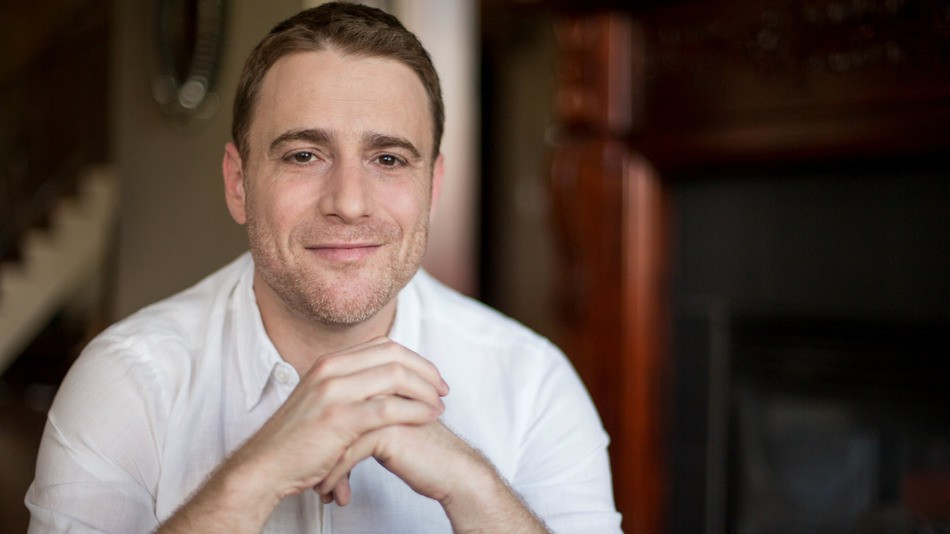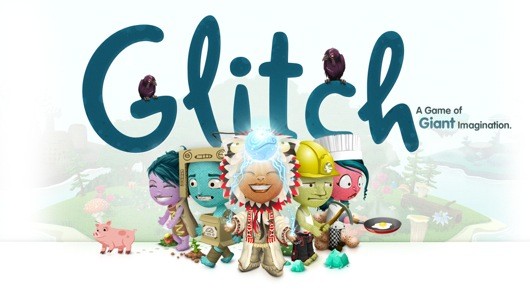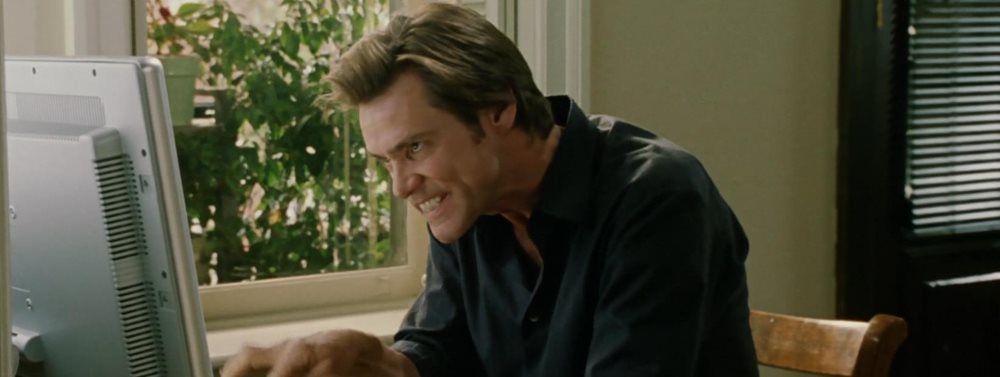Philosopher Businessman: Slack founder and CEO Stuart Butterfield - Business Person rubric

The column “Business Person” tells the readers of Megamind about the stories and facts surrounding the most prominent IT entrepreneurs from around the world, the value of the companies under whose management exceeds any reasonable limits. We will not be limited only to the “new wave" of businessmen, and we will talk about those who are usually called the "old school."
Today, a close-up is Stuart Butterfield, 42-year-old founder and CEO of Slack. His stake in the company is estimated at $ 300 million.
Corporate messenger Slack is still popular. And his popularitycontinues to grow. At the moment, the application has 675 thousand premium users. The total number of users has reached 2.3 million. Annual revenue exceeded $ 64 million. The company is valued at $ 2.8 billion and recently received another $ 160 million investment.
The success of the project is explained by Butterfield's unconventional approach. However, he himself believes that luck was a decisive factor.
Childhood, education, hobbies
Butterfield was born in Lund (Canada, British Columbia) in 1973. His parents were hippies - and until his son was four years old, there was no running water in their house.
When the family moved to the city of Victoria in British Columbia, Stuart Butterfield "founded" his first business - he bought hot dogs in a cafe and sold them on the beach with a mark-up. Then the future entrepreneur was 12 years old.
Butterfield graduated from the universities of Victoria (in 1996) and Cambridge (in 1998), where he studied philosophy.
Flickr
In the summer of 2002, Stuart Butterfield founded Ludicorp with Katerina Fake and Jason Klasson. Flickr was originally created as a tool for Game Neverending, a massively multiplayer online game where players could save images, post them on personal pages on the Internet, and show each other. But Flickr was extremely promising, and the development of Game Neverending was frozen.

The authors of the project, Stuart Butterfield and Katerina Fake, saw the potential in the social aspect of photography.
In 2005, Flickr was bought by Yahoo! The service has improved the design and structure of the site, and the site’s readiness version has changed from beta to gamma.
As it turned out later, the term “gamma”, extremely rarely used in the field of developers, means that visitors are actively using the site and according to their wishes it is constantly being improved.
In December 2006, data storage limits were increased and restrictions on the contact list were eliminated. In 2007, Yahoo! Photos was eliminated with all photos except those photos that were transferred to Flickr using a special promotion hosted by Yahoo! before liquidation.
Photo service exists to this day. Now the service offers a voucher with a 30% discount on a $ 50 annual subscription, but many will probably prefer Google Photos, where a similar photo upload tool is available for free, writes The Verge.
Tiny speck

In 2009, Butterfield founded the game studio Tiny Speck . The company developed the multiplayer game Glitch . The game did not gain a critical mass of users and was closed. But for team communication inside the studio, a service was used (later called Slack), developed by the company. Its launch was announced in August 2013.
A computer game, meanwhile, has not completely sunk into oblivion. The game’s site is still working. In January 2013, a group of sympathetic enthusiasts decided to restart Glitch under a different name - Eleven. In December 2014, they launched testing the alpha version of the game.
Slack
In 2012, Butterfield found that 70-80% didn’t use anything for internal communication at work. “But it’s obvious that they’re using something for sure. They just don’t think of it as software, ”the businessman reasoned.
Often these are email, mailing lists. Some use Hangouts, some use SMS. We saw teams that used Skype, private groups on Facebook, or pages on Google+.“We talked a lot about the three functions in which we will be really good. As a result, Slack was developed just around three of these functions (search, synchronization and simple file sharing). It may seem simple, but narrowing the field of vision will help manage big problems and revenues in the company, ”he notes.

Despite the success of the company, he does not share the common enthusiasm for the project.
In an interview with the MIT Technology Review in 2014, Butterfield was honest, perhaps even too much. When asked if he wants to change something in Slack, he replied:
"Oh yeah. What is now is a huge piece of shit. I try to inspire the rest of the team. Slack is just awful and we should be ashamed that we show it to our users. Unfortunately, not everyone finds motivation in this. ”One would think that it was said “on emotions”, if not for this post on Twitter dated February 26, 2016 (16 months after the interview).
In the startup field, where every entrepreneur calls his product unique, innovative or magnificent, Butterfield's review sounds unexpected.
Slack was launched in February 2014 and by the time of this interview had 300 thousand users, 73 thousand of which paid for a premium subscription. Large companies and startups have already used the service, by 2016 their number has only increased. For two years, Slack has changed significantly for the better - even Butterfield admits it. The service is used by such successful companies as Vox Media, Buzzfeed, Airbnb, Adobe, Behance.
Butterfield has serious entrepreneurial experience. He was more than once “lucky” to make a decision to close the failed project. But on his account there are also projects that have soared high. So, his words are hardly dictated by the subconscious fear of failure.
Humanities in IT

One of the key features of Slack is Slackbot - an avatar assistant that can give original advice to users and prompt them. One of 180 Slack employees, 38-year-old Anna Picard, editorial director of the company, is responsible for the bot’s creative approach.
She managed to graduate from the University of Manchester in the direction of "theatrical art", but then became disappointed in the profession due to the constant humiliation at auditions and auditions. Having lived for some time as part-timers - blogging, scripting for video games, and even playing the role of a cat in one of the performances, Picard unexpectedly found her vocation in technology.
She composes funny and original answers to requests from users who often write something like: "I love you, Slackbot." Her task, Anna explains, is to “surprise and delight.”

Who had the idea of inviting a failed actress to work in a B2B software startup? Stuart Butterfield, of course. He himself is also a humanist (he has a bachelor’s degree in philosophy from the Canadian University of Victoria and a master’s degree in philosophy and history of sciences from Cambridge).
“Philosophy taught me two things. First, I learned how important it is to articulate my thoughts clearly. Secondly, how important it is to fully defend one’s arguments, it helps a lot in negotiations. And the history of sciences is also the history of fallacies and debunking myths that people can believe for centuries. ”Butterfield also approached the development of Slack “philosophically”. What came of this, everyone knows. According to Butterfield, Slack was able to build a bridge between technology and man.
Who else Butterfield takes to work
In the past, the Slack CEO asked three questions to job seekers:
1. How much will 3 x 17 be?For those who have received a liberal arts education, Butterfield notes, these are fairly simple questions - however, for some reason, many applicants are unable to answer the second question correctly.
2. What are the three countries located in Africa.
3. In what century did the French Revolution take place?
The meaning of these questions was to see if the candidate is interested in the world around him: “I don’t expect everyone to answer correctly - this is not necessary. The main thing is that I understand that you are curious. ”
Now, according to Butterfield, he no longer uses such a system for an interview. Over time, the questions boiled down to the following:
“What would you like to achieve and what to become?”“The short answer is a short answer,” says Stuart Butterfield. The founder of Slack would like to hear from the potential employee a detailed story - in what areas he would like to develop, what to do and so on.
But increasingly, Butterfield says the phrase “Tell me your story.” He wants to know what part of his success the applicant owes luck. And, most importantly, how much he appreciates it. Butterfield himself believes that 98% owes his success to luck.
“I knew many people who were not successful, despite their talent, character and other qualities. It's hard for me to think that something is wrong with them, ”says the entrepreneur.
Values and corporate culture

According to Butterfield, the most important thing in the company’s corporate culture is empathy. Everyone in the organization should strive to understand his colleague and somehow facilitate his work. If one of the employees is going to have a meeting with his colleague, he should try to clearly formulate his goal and not waste time from others.
Speaking to college graduates, the founder of Slack gave them the following advice: at a young age (20-25 years) it is worthwhile to experiment more, and not to take things too seriously.
“Everyone wants to think that he has already achieved a lot. In my opinion, you just need to try to understand yourself and feel the world around you. At 25, I knew nothing about life - and now I don’t know much. ”
